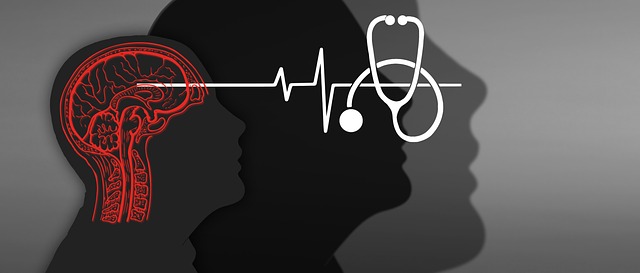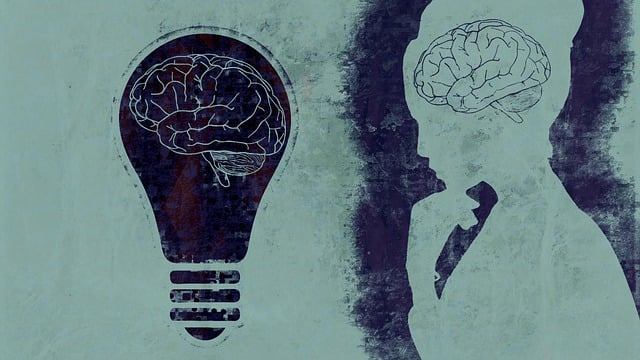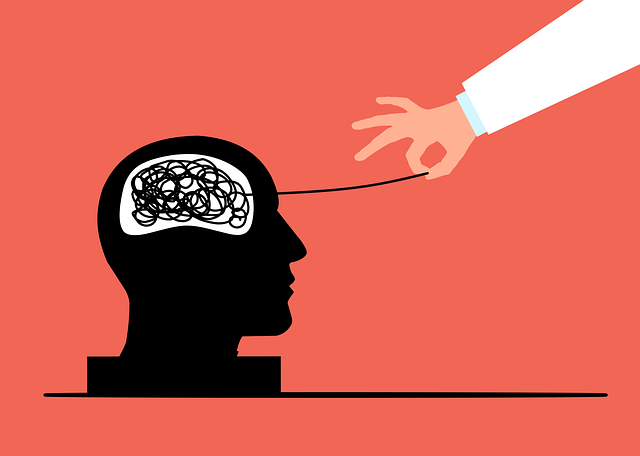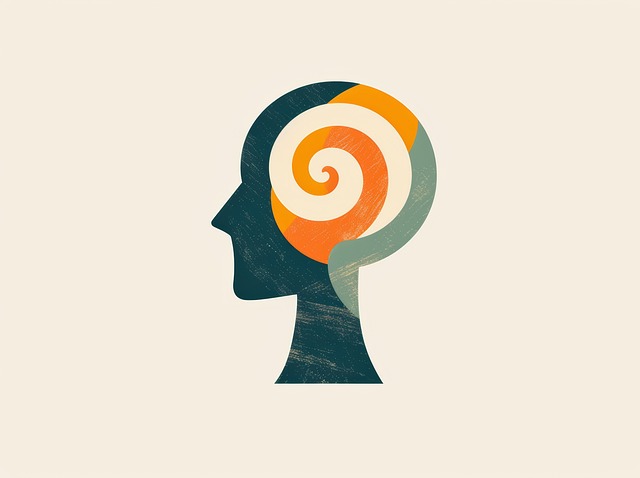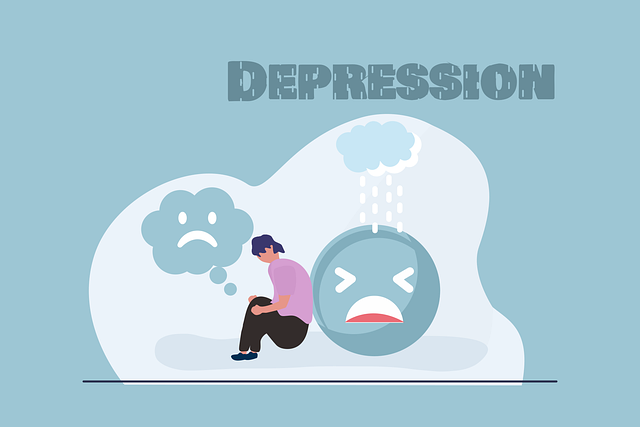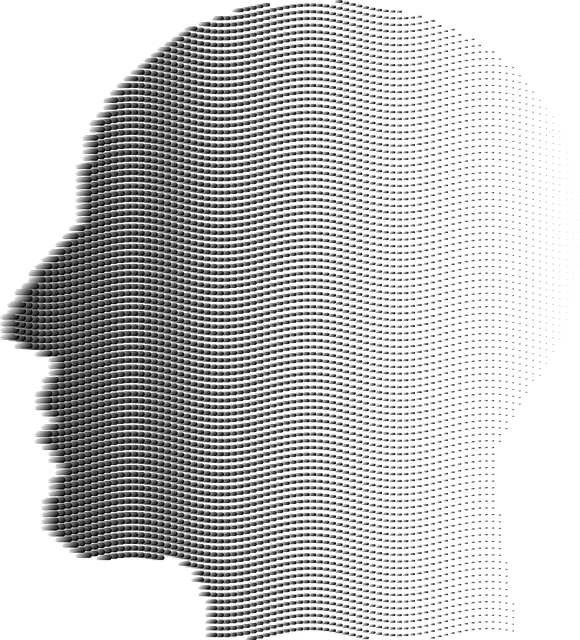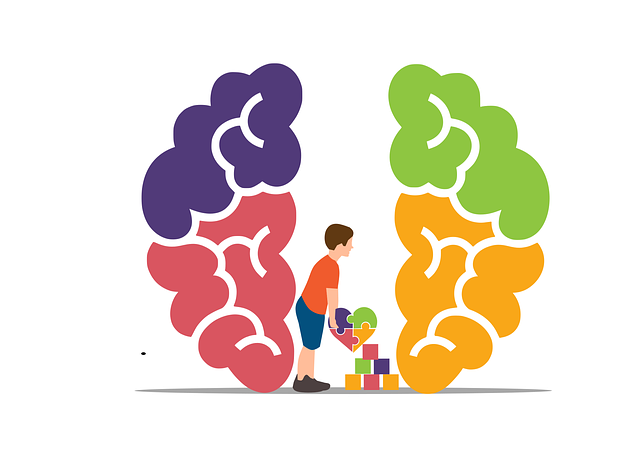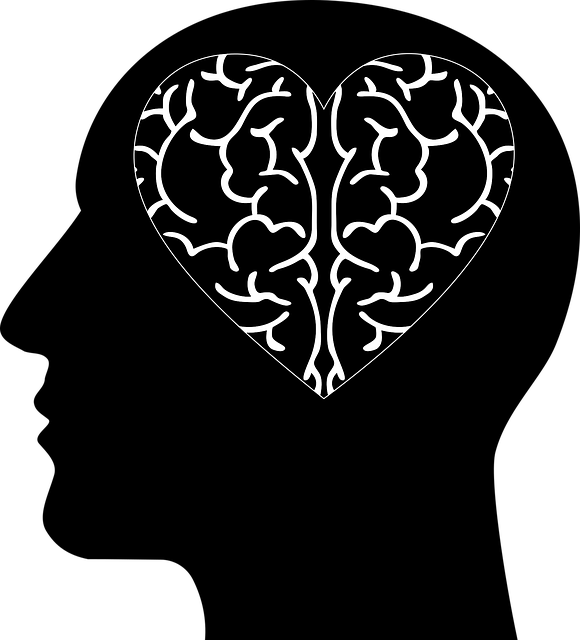Anxiety disorders, affecting all demographics, significantly impact daily life through worry, fear, physical discomfort, and cognitive challenges. Northglenn Alcohol Abuse Therapy offers specialized programs combining empathy, crisis intervention, and mindfulness meditation to address these issues effectively. Utilizing evidence-based Cognitive Behavioral Therapy (CBT), they help individuals challenge negative thought patterns and replace them with adaptive thoughts, improving quality of life. Mindfulness practices, lifestyle changes, and compassionate cultivation techniques are integrated into holistic treatment plans, offering comprehensive support for anxiety management tailored to each client's needs.
Anxiety disorders are prevalent, affecting millions globally. This article guides you through effective anxiety management techniques, offering insights into understanding various symptoms and types of anxiety. We explore evidence-based approaches like Cognitive Behavioral Therapy (CBT) and mindfulness practices. Additionally, we discuss lifestyle changes for enhanced mental well-being, highlighting the role of Northglenn Alcohol Abuse Therapy in integrating relaxation techniques and supportive care.
- Understanding Anxiety Disorders: Symptoms and Types
- Cognitive Behavioral Therapy (CBT): A Powerful Tool for Anxiety Management
- Mindfulness and Meditation Practices to Reduce Anxiety
- Lifestyle Changes for Better Mental Well-being
- Northglenn Alcohol Abuse Therapy: Integrating Relaxation Techniques and Support
Understanding Anxiety Disorders: Symptoms and Types

Anxiety disorders are a common mental health concern affecting individuals from all walks of life. Understanding these disorders is the first step in managing them effectively. Symptoms can vary widely but often include persistent feelings of worry, fear, or nervousness that interfere with daily functioning. People may experience physical symptoms such as rapid heartbeat, sweating, and difficulty breathing, along with cognitive issues like intrusive thoughts and concentration problems.
There are several types of anxiety disorders, each with its unique characteristics. Generalized Anxiety Disorder (GAD) involves excessive, uncontrollable worry about various aspects of life. Panic Disorder is marked by recurrent and unexpected panic attacks, followed by persistent concern about having additional attacks. Social Anxiety Disorder (SAD) causes intense fear in social situations due to concerns about embarrassment or judgment. Northglenn Alcohol Abuse Therapy offers specialized programs tailored to address these disorders, incorporating empathy-building strategies, crisis intervention guidance, and mindfulness meditation to help individuals regain control of their lives.
Cognitive Behavioral Therapy (CBT): A Powerful Tool for Anxiety Management

Cognitive Behavioral Therapy (CBT) is a powerful tool in managing anxiety disorders, offering individuals effective strategies to challenge and change negative thought patterns and behaviors. This evidence-based approach has been extensively studied and proven successful in treating various mental health conditions, including anxiety. CBT helps clients identify distorted thinking and replace it with more realistic and adaptive thoughts, thereby reducing anxious symptoms.
By focusing on the connection between thoughts, feelings, and behaviors, Northglenn Alcohol Abuse Therapy sessions facilitate a deeper understanding of one’s anxiety triggers. This cognitive restructuring process empowers individuals to manage their anxiety in a more healthy and productive manner, improving their overall quality of life. Moreover, integrating CBT into mental health practices aligns with the principles of Mental Health Policy Analysis and Advocacy, Burnout Prevention Strategies for Healthcare Providers, and Mental Health Education Programs Design, contributing to comprehensive patient care.
Mindfulness and Meditation Practices to Reduce Anxiety

Anxiety can be a overwhelming condition, but Northglenn Alcohol Abuse Therapy offers effective solutions. One powerful tool in managing anxiety is mindfulness and meditation. These practices encourage individuals to focus on the present moment, rather than dwelling on past experiences or future worries. By cultivating self-awareness through exercises like deep breathing and body scans, people can learn to recognize and respond to anxious thoughts without being controlled by them.
Regular meditation has been shown to reduce symptoms of mental illness stigma reduction efforts, promoting a sense of calm and clarity. Stress management is another benefit, as mindfulness techniques help individuals develop coping mechanisms that are healthy and sustainable. Incorporating self-awareness exercises into daily routines can empower individuals to better navigate life’s challenges and maintain their mental well-being, even in stressful situations.
Lifestyle Changes for Better Mental Well-being

In navigating anxiety, lifestyle changes play a pivotal role in enhancing mental well-being. This involves adopting healthy habits such as regular physical activity, balanced nutrition, and adequate sleep patterns. These foundational aspects contribute significantly to reducing stress levels and improving overall resilience against anxiety attacks. Northglenn Alcohol Abuse Therapy, for instance, often emphasizes these lifestyle shifts as part of its comprehensive treatment plans, focusing on holistic healing.
Additionally, incorporating compassion cultivation practices into daily routines can foster self-kindness and empathy, thereby mitigating anxiety symptoms. Crisis intervention guidance and confidence-boosting techniques are also valuable tools. By engaging in activities that nurture mindfulness, one can learn to manage triggers more effectively and cultivate a sense of calm amidst challenging situations.
Northglenn Alcohol Abuse Therapy: Integrating Relaxation Techniques and Support

Northglenn Alcohol Abuse Therapy offers a holistic approach to managing anxiety by integrating relaxation techniques and a supportive environment. Many people struggling with alcohol abuse also face heightened anxiety levels, making it a crucial aspect of their recovery process. Therapists at Northglenn utilize evidence-based methods such as deep breathing exercises, mindfulness meditation, and progressive muscle relaxation to equip individuals with powerful tools for stress reduction. These techniques not only aid in managing symptoms but also foster mental wellness, enabling clients to navigate challenging situations more effectively.
The program’s focus on building inner resilience is further enhanced through group therapy sessions where participants share experiences and learn conflict resolution techniques. This collaborative aspect fosters a sense of community, which is vital for sustaining recovery. By combining personalized care with public awareness campaigns development around mental wellness, Northglenn Alcohol Abuse Therapy aims to provide comprehensive support tailored to each client’s unique needs.
Anxiety disorders are common, yet manageable with the right techniques. This article has explored various methods, from understanding anxiety’s symptoms and types to powerful therapy options like Cognitive Behavioral Therapy (CBT) and mindfulness practices. Lifestyle changes play a significant role in enhancing mental well-being, and Northglenn Alcohol Abuse Therapy offers specialized support through relaxation techniques, providing a holistic approach to overcoming anxiety. By integrating these strategies into daily routines, individuals can effectively manage anxiety and lead more fulfilling lives.
